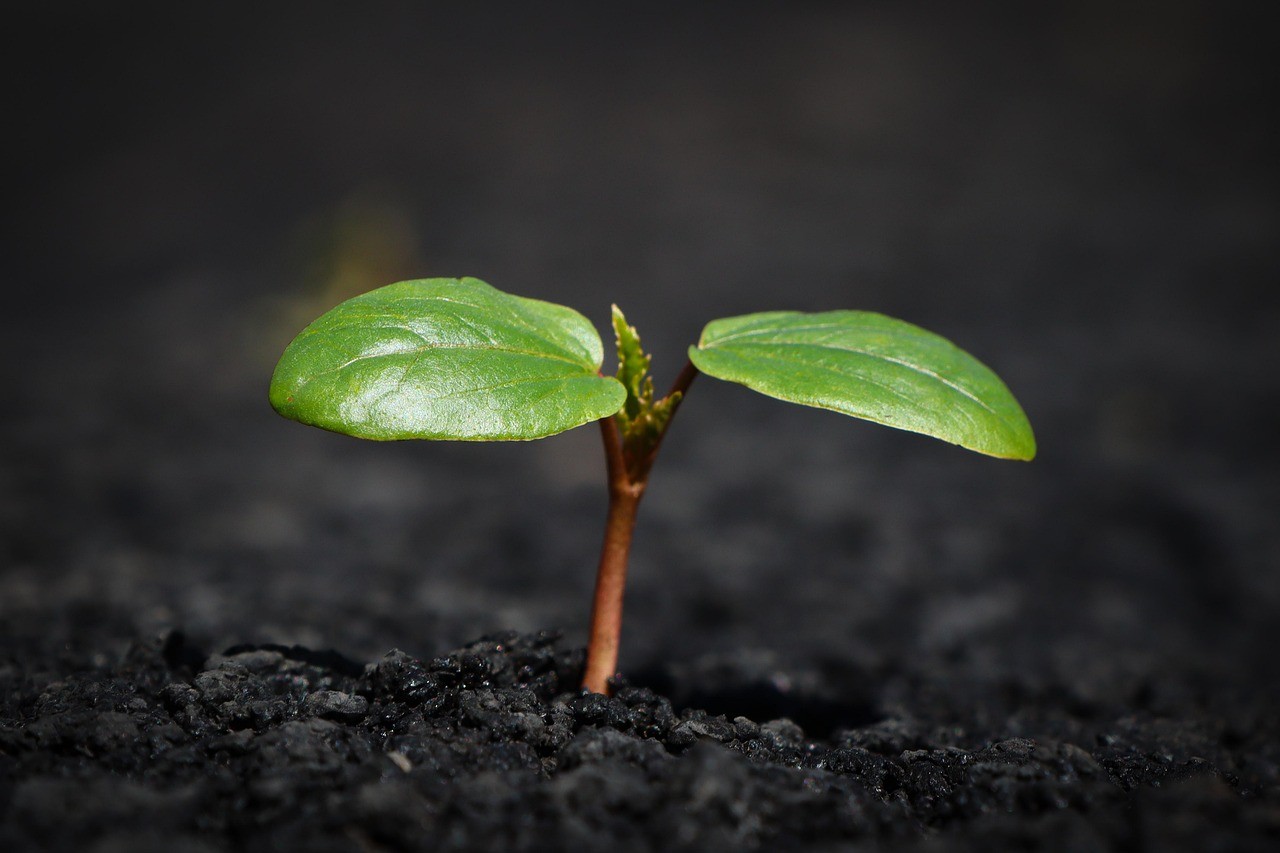Eco-Fashion: Sustainable Style for a Better Planet
Environment
The fashion industry, long criticized for its environmental impact and unethical labor practices, is undergoing a transformative shift towards sustainability and ethical production. The future of fashion is increasingly defined by innovative materials, circular economy principles, and transparent supply chains. Sustainable materials, such as organic cotton, recycled synthetics, and bio-based fabrics like mushroom leather, are replacing resource-intensive and polluting conventional textiles. Brands are adopting circular design principles, aiming to minimize waste by designing products for longevity, repair, and recycling. Ethical production practices focus on fair wages, safe working conditions, and respecting human rights throughout the supply chain, moving away from exploitative fast fashion models. Technologies like blockchain are enhancing traceability and transparency, allowing consumers to verify the origin and ethical credentials of their clothes. While challenges remain in scalability and consumer awareness, the growing demand for conscious consumption is driving this change. The future of fashion promises a more responsible, innovative, and beautiful industry that not only creates stunning garments but also protects our planet and its people.






